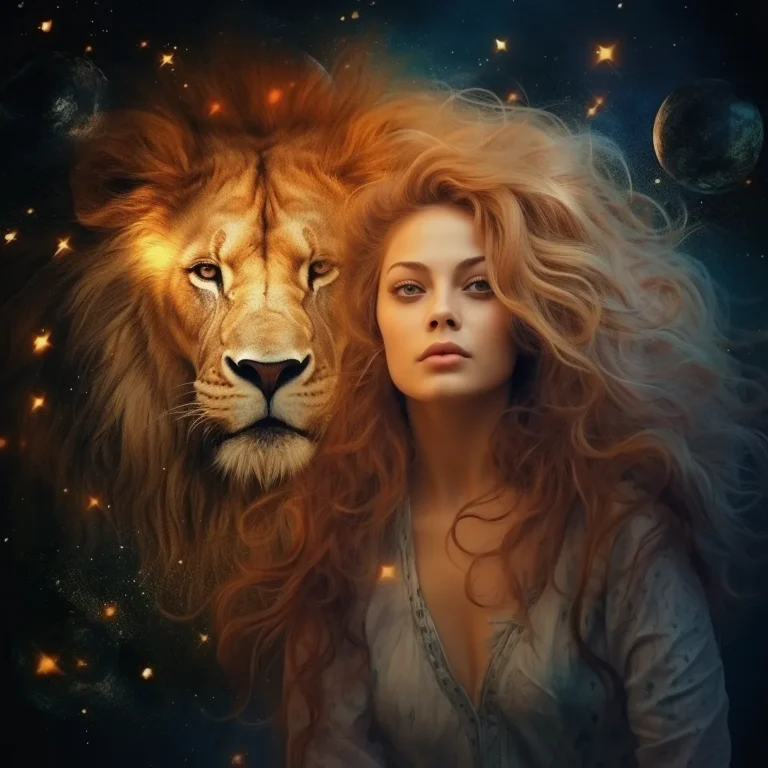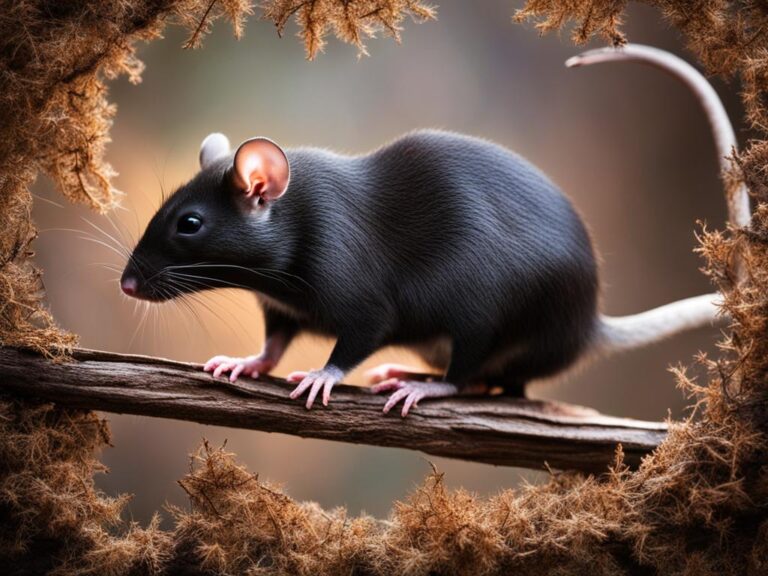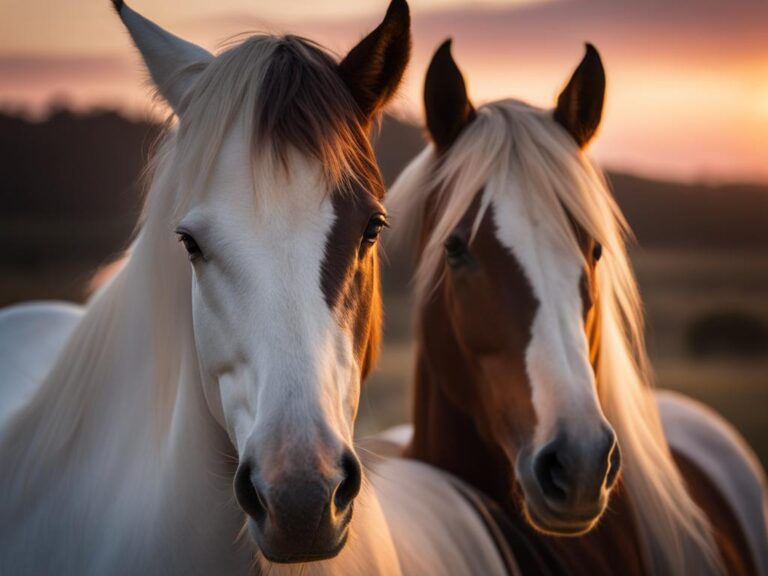Chinese Zodiac Animals -The Mythology – Chinese astrology is steeped in rich mythology, with the Chinese zodiac animals playing a significant role in its origins. According to ancient tales, the Jade Emperor or the Buddha convened a race of animals on his birthday to create a unique system for measuring time. The race involved crossing a rapid river, and the order in which the animals finished would determine their place in the Chinese zodiac sequence.
In this race, the rat, known for its intelligence and resourcefulness, managed to secure victory by hitching a ride on the back of the steadfast ox. However, the cat, who was initially meant to participate, was pushed into the river by the cunning rat and failed to reach the finish line. From this race, the sequence of the Chinese zodiac was established, with the rat claiming the first position.
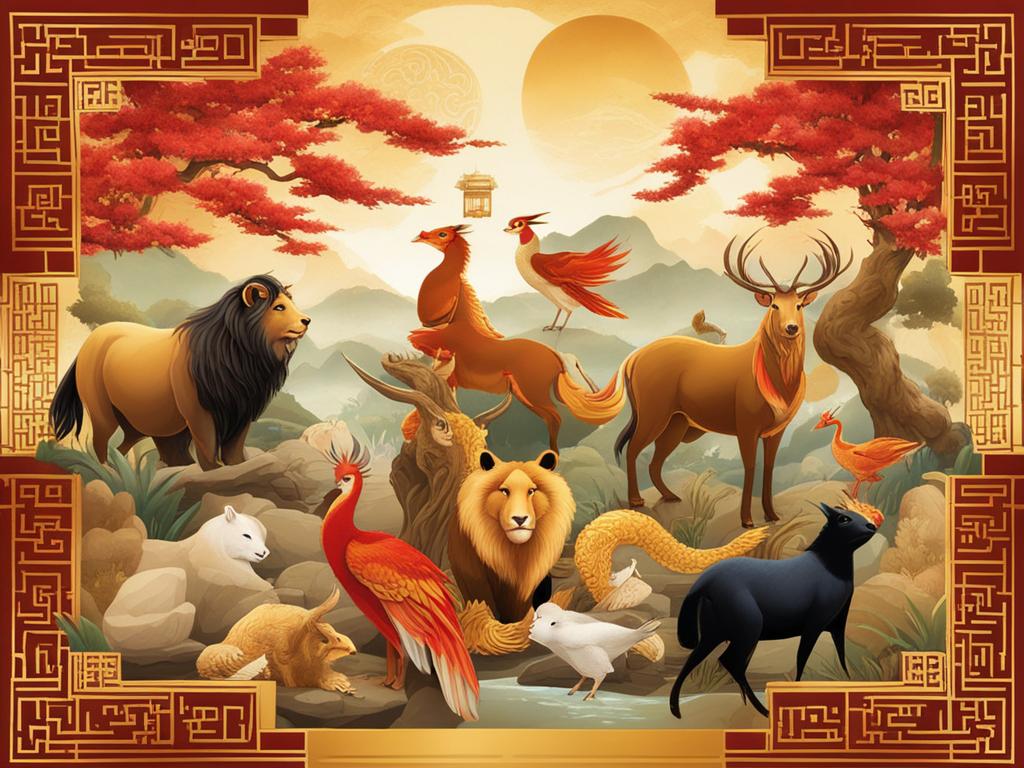
Key Takeaways:
- The Chinese zodiac was created through a race of animals called by the Jade Emperor or the Buddha to measure time.
- The rat secured victory in the race by cleverly riding on the back of the box, while the cat was excluded from the zodiac sequence.
- The order of the Chinese zodiac animals determines their place in the zodiac sequence.
- The rat symbolizes intelligence and resourcefulness, setting the precedent for the other zodiac animal meanings.
- The Chinese zodiac continues to be an integral part of Chinese astrology and culture.
Symbolic Meanings of Zodiac Animals
Each animal in the Chinese zodiac carries profound symbolic meanings, reflecting the rich tapestry of Chinese zodiac legends and traditional beliefs. Understanding the symbolic meaning of the zodiac animals helps illuminate their significance in Chinese astrology and culture.
Here is an overview of the symbolic meanings associated with each animal:
| Zodiac Animal | Symbolic Meaning |
|---|---|
| Rat | Intelligence and wit |
| Ox | Diligence and hard work |
| Tiger | Power and bravery |
| Rabbit | Gentleness and kindness |
| Dragon | Luck and prosperity |
| Snake | Wisdom and intuition |
| Horse | Strength and endurance |
| Sheep | Harmony and creativity |
| Monkey | Cleverness and adaptability |
| Rooster | Confidence and resourcefulness |
| Dog | Loyalty and honesty |
| Pig | Abundance and good fortune |
These symbolic meanings offer insights into the personality traits, strengths, and characteristics associated with each animal in the Chinese zodiac. They serve as valuable markers in Chinese astrology, guide individuals in understanding themselves, and provide a framework for determining compatibility, making important life choices, and predicting future fortunes.

By exploring the symbolic meanings of the Chinese zodiac animals, one gains a deeper appreciation for the intricate interplay of mythology, culture, and astrology in Chinese society. These symbolic associations continue to shape the way the Chinese people perceive themselves and others, offering enduring wisdom and inspiration in their daily lives.
Chinese Zodiac and Astrology
The Chinese zodiac is deeply intertwined with Chinese astrology, drawing upon ancient beliefs and mythology. It is believed that the zodiac animals have a profound influence on a person’s qualities, characteristics, and even their destiny. Each year in the lunar calendar is associated with a specific animal, and individuals born in that year are believed to inherit the traits and characteristics of that animal.
Chinese astrology utilizes the rich symbolism of the zodiac animals to provide valuable insights into various aspects of life. Compatibility between individuals, career paths, and even predictions about future fortunes can be determined using the Chinese zodiac. The twelve zodiac animals play a significant role in shaping both personal and societal perspectives.
Chinese astrology harnesses the wisdom of the zodiac animals, revealing the intricate connections between the celestial world and human existence.
This ancient practice continues to be an important part of Chinese culture, cherished and celebrated by people across generations. The Chinese zodiac serves as a guiding framework through which individuals gain a deeper understanding of themselves and the world around them, allowing them to navigate life’s challenges and make informed decisions.
Astrological Compatibility
Astrological compatibility is a prominent aspect of Chinese astrology. Based on the zodiac animal associated with one’s birth year, individuals can assess compatibility with others and make informed choices regarding partnerships, relationships, and friendships. This practice is deeply ingrained in Chinese society, and many individuals consult astrological charts before committing to important life decisions.
Career Paths and Personal Growth
The Chinese zodiac also provides guidance when it comes to career paths and personal growth. Each zodiac animal embodies unique strengths and qualities, and understanding these can help individuals choose occupations and pursue professional development in alignment with their inherent nature. The Chinese zodiac acts as a compass, offering valuable insights into areas where one may excel and thrive.
Fortune-Telling and Divination
The Chinese zodiac is commonly used as a tool for fortune-telling and divination. By analyzing the characteristics and predictions associated with each zodiac animal, individuals can gain insights into their future fortunes and make informed decisions about various aspects of their lives. This practice is particularly prevalent during the Lunar New Year when individuals seek guidance and blessings for the upcoming year.
Astrology and Mythology
Astrology and mythology are deeply intertwined in the Chinese zodiac. The origins of the zodiac animals are rooted in ancient myths and legends, adding a layer of mysticism and fascination to the practice of Chinese astrology. The stories behind each animal serve as reminders of the values and qualities that are revered in Chinese culture.
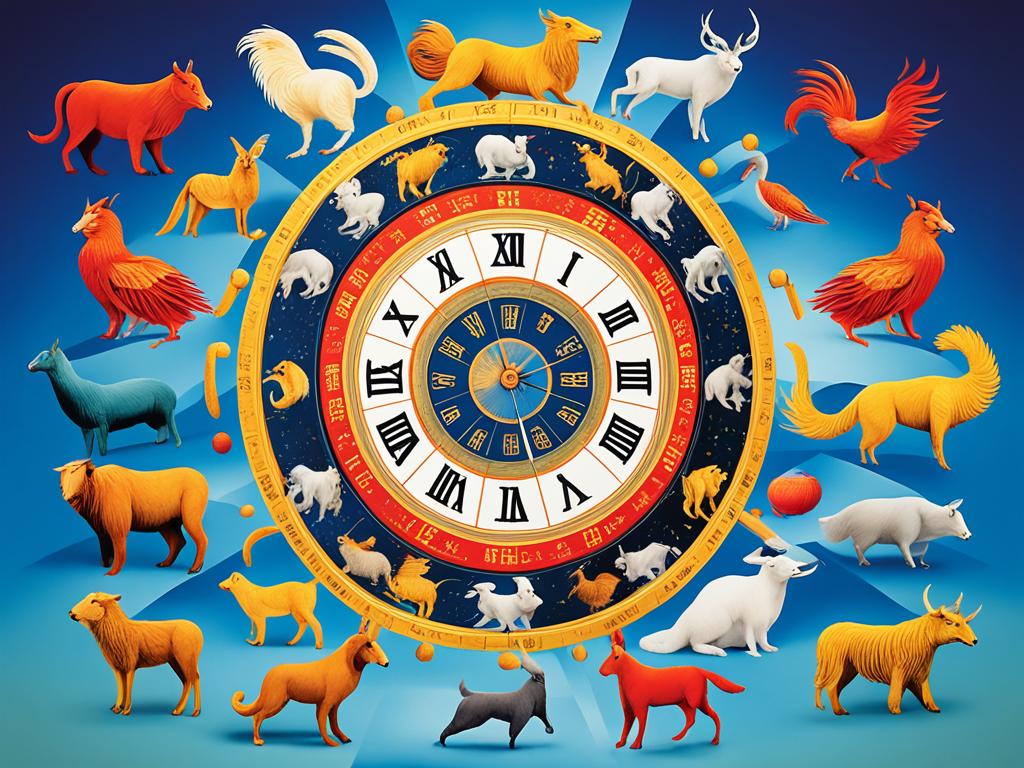
Relevance of the Chinese Zodiac Today
While the belief in the Chinese zodiac may have diminished in recent years, its influence is still evident in various aspects of Asian communities. The Chinese zodiac signs continue to play a significant role in people’s lives, serving as a quick shorthand to understand someone’s personality or calculate their age.
The Chinese zodiac is deeply rooted in Chinese zodiac legends and Eastern zodiac mythology, which adds to its enduring popularity. The rich symbolism and mythology behind each animal in the zodiac continue to captivate people’s imagination and provide insights into Chinese culture. For example, the rat is associated with intelligence and resourcefulness, while the dragon represents luck and prosperity. These associations have become deeply ingrained in Asian societies and continue to shape perceptions and beliefs.
The Chinese zodiac also finds practical applications in important decisions. For instance, individuals often consult the zodiac when choosing auspicious years to give birth, which can have a significant impact on consumer demand and the economy. The belief in the relationship between the zodiac and personal destiny continues to influence decision-making processes, especially in traditional and superstitious circles.
“The Chinese zodiac is a fascinating cultural phenomenon that provides a unique lens through which to view Eastern traditions and beliefs.” – Prof. Li Mei
Despite the changing times, the Chinese zodiac remains relevant because it represents more than just a belief system. It serves as a reminder of the cultural heritage and values that have shaped Asian societies for centuries. By understanding and appreciating the significance of the Chinese zodiac, individuals can gain a deeper appreciation for the complexities of Eastern zodiac mythology and the diverse traditions that continue to influence contemporary society.
| Sign | Symbolic Meaning |
|---|---|
| Rat | Intelligence and resourcefulness |
| Ox | Diligence and perseverance |
| Tiger | Power and bravery |
| Rabbit | Gentleness and kindness |
| Dragon | Luck and prosperity |
| Snake | Wisdom and intuition |
| Horse | Strength and endurance |
| Sheep | Harmony and creativity |
| Monkey | Cleverness and adaptability |
| Rooster | Confidence and resourcefulness |
| Dog | Loyalty and honesty |
| Pig | Abundance and good fortune |
The enduring relevance of the Chinese zodiac is a testament to its cultural significance and the timeless allure of its mythological origins. Despite evolving beliefs and customs, the Chinese zodiac continues to provide a window into the rich tapestry of Chinese astrology and mythology, reminding us of our connection to the past and the enduring threads that weave through our present.
Conclusion
The Mythology Behind the Chinese Zodiac Animals intertwines with Chinese astrology and holds deep cultural significance. Passed down through generations, the captivating tale of the race to determine the order of the zodiac animals showcases traits such as intelligence, cunning, and bravery. Each animal in the zodiac carries symbolic meanings that are deeply ingrained in Chinese culture and astrology, representing qualities and characteristics that influence people’s lives.
While beliefs in astrology and the zodiac may vary, the Chinese zodiac remains a meaningful part of Chinese tradition. The intricate mythology and symbolism behind the zodiac animals serve as reminders of the importance of understanding and respecting different cultural practices. The Chinese zodiac not only provides insights into individuals’ personalities but also guides decisions related to compatibility, career paths, and even future fortunes.
Today, despite waning belief in the zodiac, its influence remains evident in various aspects of Asian communities. The zodiac signs are still widely used to quickly grasp someone’s personality or calculate their age. Moreover, the Chinese zodiac plays a role in significant decisions, such as determining auspicious years for childbirth, impacting consumer demand and the economy. The continued fascination with the Chinese zodiac serves as a testament to its enduring relevance and the eternal allure of its mythology.
FAQ
What is the mythology behind the Chinese zodiac animals?
According to Chinese mythology, the Jade Emperor or the Buddha called a race of animals on his birthday to create the Chinese zodiac. The animals competed in a race to determine their order in the zodiac, with the rat cleverly winning the race by hitching a ride on the back of the ox.
What are the symbolic meanings of the zodiac animals?
Each animal in the Chinese zodiac has unique symbolic meanings. For example, the rat symbolizes intelligence and wit, while the ox represents diligence and hard work. The tiger symbolizes power and bravery, and the rabbit is seen as gentle and kind. The dragon represents luck and prosperity, and the snake is associated with wisdom and intuition. The horse represents strength and endurance, while the sheep denotes harmony and creativity. The monkey is known for its cleverness, the rooster is associated with confidence and resourcefulness, and the dog is a symbol of loyalty and honesty. Finally, the pig represents abundance and good fortune.
How is the Chinese zodiac connected to astrology?
The Chinese zodiac is deeply intertwined with Chinese astrology. Each year in the lunar calendar is associated with a specific animal, and people born in that year are believed to inherit the traits and characteristics of that animal. Chinese astrology uses the zodiac animals to determine compatibility between individuals, career paths, and even predict future fortunes.
Is the Chinese zodiac still relevant today?
While belief in the Chinese zodiac may have diminished in recent years, its influence is still evident in various aspects of Asian communities. The zodiac signs are often used as a quick shorthand to understand someone’s personality or calculate their age. In addition, the Chinese zodiac is still used in important decisions, such as choosing auspicious years to give birth, which can impact consumer demand and the economy.
How does understanding the mythology of the Chinese zodiac provide insights into Chinese culture?
The rich mythology and symbolism behind the Chinese zodiac continue to fascinate people and provide insights into Chinese culture. The mythology showcases traits such as intelligence, cunning, and bravery, while the symbolism of each animal in the zodiac reflects deeply ingrained values and aspirations within Chinese society.
